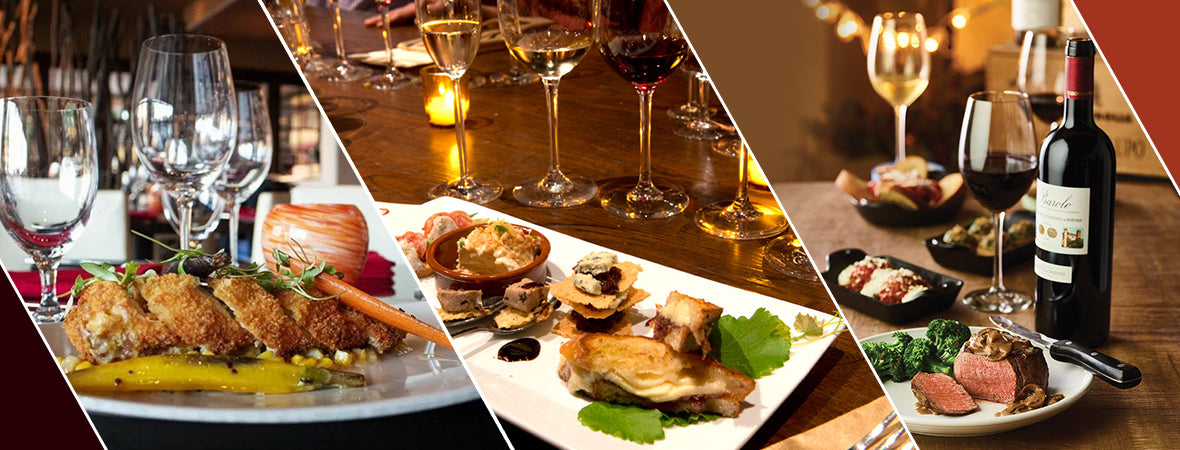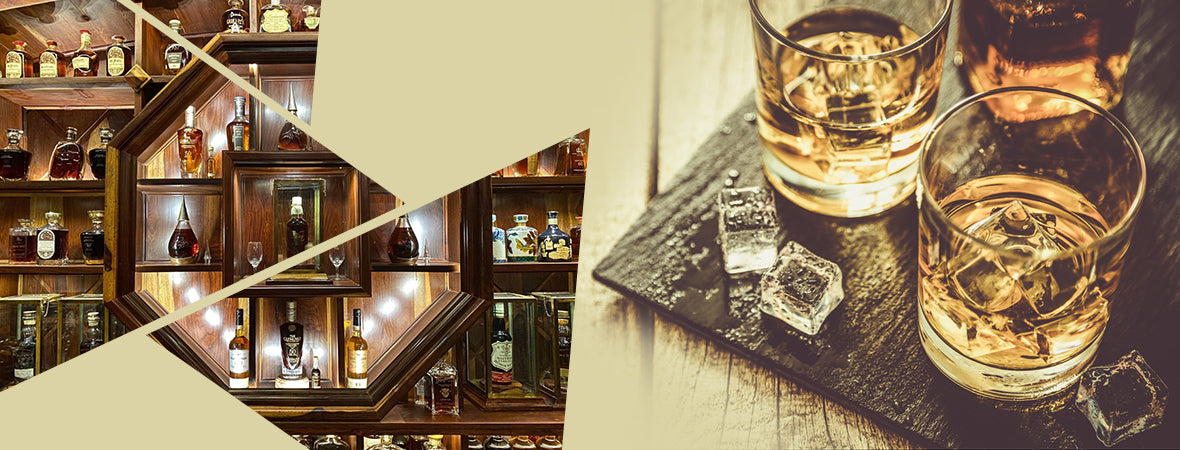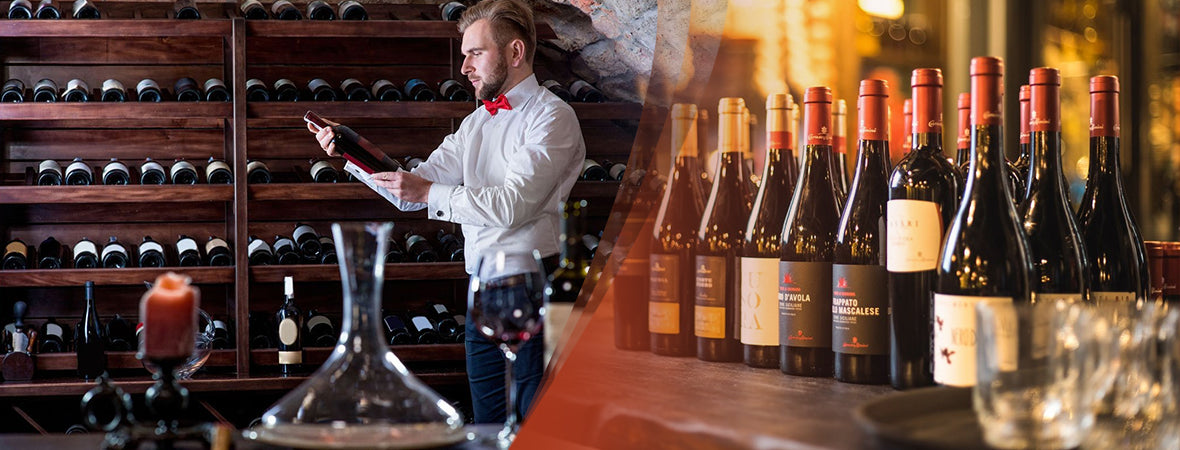For a couple of centuries now, when it comes to sparkling wines, one name rings out above all others –
Champagne. The wineries of this very special region of France have been carefully perfecting their
produce for hundreds of years, and building up a legendary reputation around themselves in the
meantime, with many of the most famous brands of their fizzy white wine becoming household names,
and eclipsing almost every other type of sparkling wine. How has this happened? Many people would
claim that we can place the blame for this perhaps over-inflated sense of importance on European royalty,
although increasingly irrelevant today, they were once the trendsetters of the world, with whatever they
heralded to be good, or whatever they were seen to eat, drink or wear to quickly become the must-have
items for the populous in general. The sparkling wines of Champagne were most certainly favoured by
aristocracy of the past few centuries, leading the wineries of this region to boost their production and their
prices simultaneously. However, this perhaps heightened their reputation further, as Champagne then
became something either for the very rich, or something to be saved up for and splashed out on when
there was something to celebrate. Indeed, even today, few people regularly drink Champagne, and it is
reserved for birthdays, anniversaries or the launching of ships.
However, the quality of the produce cannot be completely ignored, and there is no doubt that a fine
Champagne is a very carefully constructed and wonderful thing in itself. The delicate blending of
Chardonnay varietal grapes with Pinot Noir, boosted by a little touch of Pinot Meunier is one of the all
time great combinations. The Chardonnay offers acidity, bite and the distinctive biscuity flavours the
wine holds, whilst the other two varietals give their length and backbone, coming through in elegant
bubbles during the second fermentation of the wine. The result is something splendid – delicate, giddy
and exciting, with a taste quite unlike any other sparkling wine. It cannot be denied, though, that the
wineries of Champagne have allowed their reputation to overshadow any significant develop in the field
of sparkling wines, and it has been a constant source of great frustration for wineries in France and
elsewhere in the world that their fine produce is generally ignored. Even in the Champagne region,
wineries producing sparkling wines which differ slightly from the norm are struggling to get noticed, due
to the fact that the people who buy sparkling wines around the world are still nervous about exploring
new options. Amongst the best of these overshadowed varieties are the superb 'blanc de noir' sparkling
Champagnes, which are a single variety wine made exclusively with Pinot Noir grapes, giving a really
impressive flavour with a hint of orchard fruits behind the decadent fizz of the drink.
If other, alternative wineries in Champagne are struggling with their sparkling wines, then the rest of the
world needs to start taking notice of the plight of wineries in other countries trying to get people to select
their (often extremely good) sparkling wines. Spain's Cava wines have long been seen as an affordable,
cheerful alternative to Champagne, despite many Cava wines having plenty of character of their own and
a flavour which is generally not trying to compete with Champagne, but stand alone as an excellent
example of Spanish produce. Cavas tend to be slightly more fruity than other sparkling wines, and the
rosé varieties are a delightful addition to the world of fizzy wines which have long been left under the
radar of most wine drinkers, despite being treasured in their native Spain.
Italy's Prosecco wines are another great example of a sparkling wine too often cruelly overlooked on the
shelf. Indeed, many people who take the time to try a few different Prosecco sparklers generally return to
them, claiming they prefer the softness and drinkability of these fine, fizzy wines. Prosecco has less
acidity than Champagne, with a more refined, blushed and rounded flavour which shows plenty more
variation from winery to winery. Furthermore, Prosecco itself is versatile, and doesn't have such a
sacrosanct air about it – get yourself a bottle and use it as the base for some of the best cocktails you'll
have all year!
All over the world, from South Africa to California, wineries are consistently producing excellent quality
sparkling wines which have plenty to offer, and importantly, are not necessarily trying to emulate
Champagne. Even England, whose wine industry is just starting to get underway, has massively
impressed in recent years at tastings with their offerings. Unfortunately, so long as the (admittedly, very
good) sparkling wines of Champagne continue to dominate the minds and choices of wine buyers, this
great variety of wines with all their unique flavours, aromas and characteristics will begin to dwindle, and
possibly disappear. We have a responsibility to think, and buy, outside the box.

Are All Champagnes Created Equal
Are All Champagnes Created Equal
- by John Ha
- March 20, 2023
- 4 min read
Related Blog Posts
- by John Ha
- July 03, 2023
- 4 min read
- by John Ha
- June 26, 2023
- 3 min read
- by John Ha
- June 19, 2023
- 3 min read




